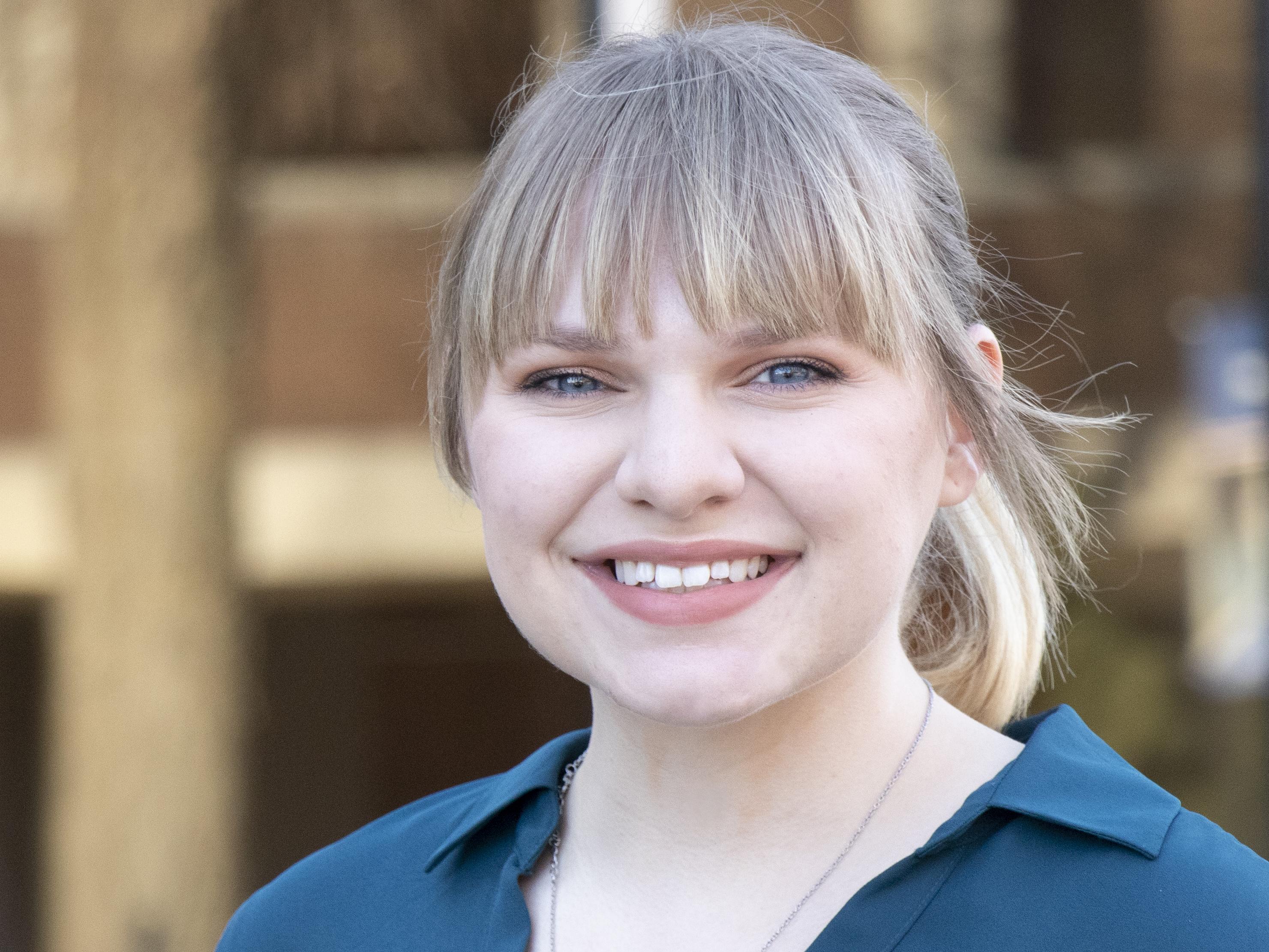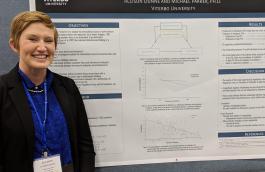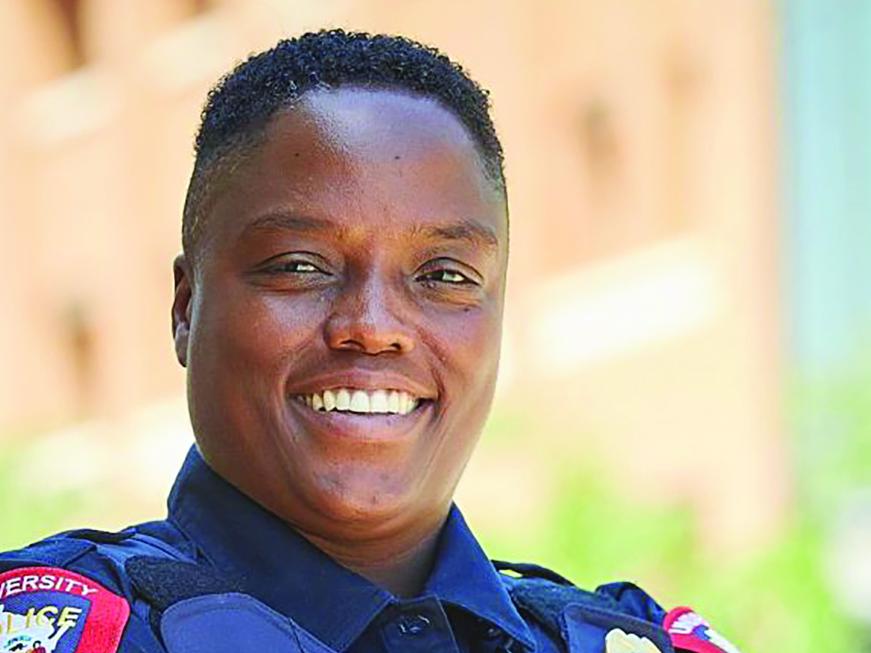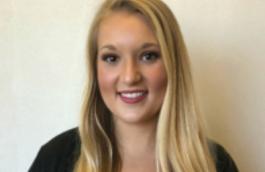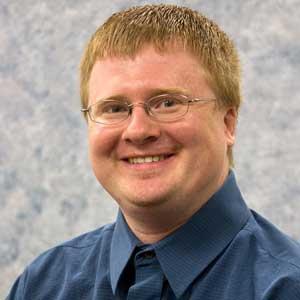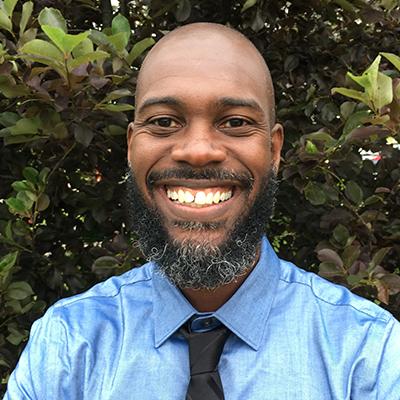Offering hands-on training to prepare graduates for a rewarding career helping people in their community.
Program Information
Viterbo psychology students develop skills that prepare them for rewarding career opportunities from counseling to psychological research and work at universities or private research organizations. Students receive training in key areas of contemporary psychology, including clinical and counseling psychology, developmental psychology, social psychology, and behavioral neuroscience. The major includes an internship or advanced research project, which offers valuable hands-on experience that prepares students for employment or continued education after graduation. Students in this major also benefit from our digital video laboratory facilities, which allows them to participate in interviewing and mock counseling that provides training in communication and interpersonal skills.
